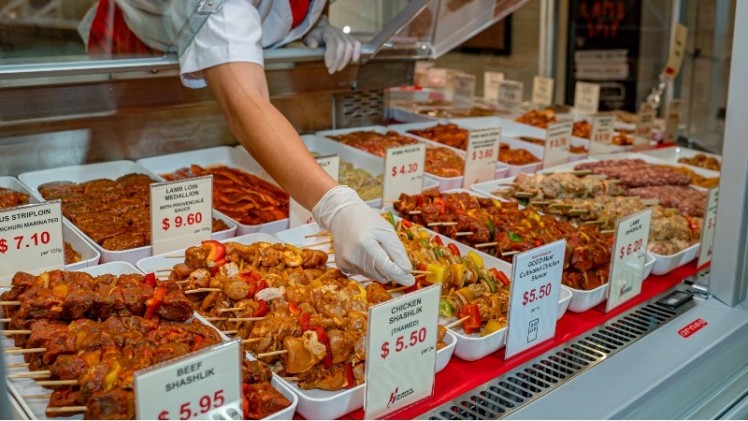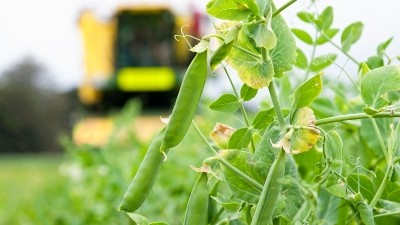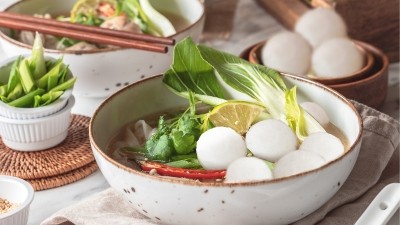‘Build an ecosystem’: Collaboration key to taking cultivated meat sector to next level – GOOD Meat

Two years after its debut in Singapore, Eat Just, Inc.’s subsidiary GOOD Meat has broken new ground with its partnership with Huber’s Butchery, one of the city-state’s leading suppliers of high-quality meat products.
It is the first butchery in the world to retail cultivated meat, where consumers can directly buy the meat and cook it at home, without being limited to dining at restaurants and hawker stalls that serve it.
Speaking to FoodNavigator-Asia at the recent launch event, Eat Just’s CEO Josh Tetrick said that the collaboration will help ‘normalise’ cell-cultured meat.
“Cultivated meat was not targeted at vegans or vegetarians in the first place. It is meant for people who like meat but not the slaughtering. It is just meat that is made in a different way.
“A lot of the work that we do involves raising awareness of what cultivated meat is, not only in Singapore but everywhere else, so that when people hear about lab-grown meat, they know it isn’t science fiction,” he added.
As a front-runner in this space, GOOD Meat has no qualms about more firms jumping onboard, and instead hopes to create an ecosystem that builds scalability.
“Rather than aiming to be the leader, we want to normalise cultivated meat in the US, Middle East, Africa, China, Japan, Iceland, and so on. There’s no way a single company can do all that. There needs to be many companies trying different things. I’m sure there are technologies that we are not employing right now, which other companies might be,” explained Tetrick.
Why collaboration is crucial
While there are no known collaborations in terms of technology as yet, GOOD Meat sees opportunities where cultivated-meat producers can come together. For example, a joint-buying programme for commonly used amino acids would significantly help reduce feed costs.
“It is a capital-intensive and multidisciplinary business. We have spent tens of millions of dollars doing it, and we are going to spend more. It is a technical challenge, and it takes a long time to see results. But if we could identify the right materials and scale up the production facility, the risks can be mitigated,” said Tetrick.
Besides partnering with Singapore’s Economic Development Board, GOOD Meat has also noticed bioprocessing companies like Merck taking an interest in cultivated meat.
“A lot of companies, including animal-protein firms, are still trying to figure out this space. Although some leaders think that cell-cultured meat has transformative potential, they are not confident that it will be relevant in the near future.
“The present ecosystem is definitely not enough. If we and other companies don’t get our act together, it could very well become relevant only after these leaders retire. To turn what feels like science fiction into an actual industry takes an unprecedented amount of research and technical design engineering of production vessels. It requires the work of multiple companies across multiple geographies, and the support of regulators,” he reiterated.
Providing a model
GOOD Meat believes that its success in gaining regulatory approval provides the blueprint for other companies.
“Singapore has been so vital to the entire industry because it has shown other countries that cultivated meat is safe and that there are indeed people eating it,” said Tetrick.
This is especially important at a time where many countries are plagued with food security concerns, including Singapore and the Middle East, where 90% of meat supplies are imported.
At the moment, GOOD Meat is working with several organisations to obtain halal accreditation. The firm expects at least two countries in the Middle East to receive regulatory approval by 2023, as the region actively seeks to build a more resilient supply chain and food production system.


















